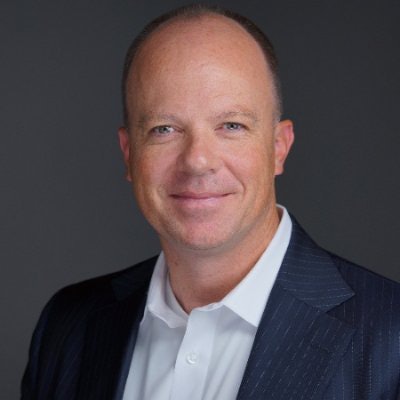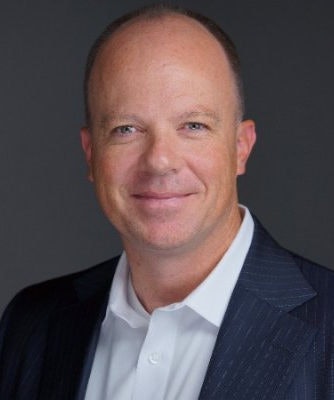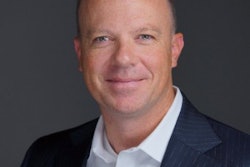
"People are more inclined to pass the buck than they are to take responsibility," said Marshall Goldsmith. "The fact is, though, passing the buck doesn't build character or allow you to learn from your mistakes."
Accountability is a word most often thrown around when trying to pinpoint the reason for a failure. In essence, we are asking who is responsible or liable for the error or misjudgment. We don't ask who is accountable when things are great because we know we are working together in synchrony as a team. Getting to the root of who or what is responsible can result in costly disruptions in business and waste valuable time.
 Dr. James Anderson.
Dr. James Anderson.Before you can hold people accountable for their work, there has to be a reason communicated in ways that they understand.
The root of accountability is the "why" of responsibility. To hold our team members accountable for a job, task, project, or ethical issue, they must understand why they need to be accountable. What are the expected outcomes and the reason or reasons why each task is the building block for the entire business?
If you were the pilot of a passenger jet flying over the open water of the Pacific Ocean, would you decide not to be accountable that day for the safety of the passengers and the flight crew? Think of the consequences.
Our accountability may be less critical than that of the pilot, but to each of our businesses, it's just as necessary.
To be accountable is to own up to your good deeds as well as your bad decisions and work to improve. Being responsible is holding yourself to higher integrity, even if it means you are seen in a negative light. There is a "chain of command" accountability for the results of the business systems in many organizations. The fact that several levels are involved opens the door to the infamous blame game. People who are inconsistent in providing good results use myriad excuses. By taking themselves out of the accountability arena, they feel they are exonerated from the failure. The bigger problem is that these people believe they cannot be accountable because they don't control the circumstances.
Instead of saying, "We need to hold our team more accountable for what happened today," sit down with the team and precisely define the terms and your definition of taking responsibility seriously.
Next, learn from your team ways to win their hearts and minds to get a commitment to improving. Demonstrate to the team how each person holds a special place in the scheme of things. In other words, show them the "big picture" of why we all must hold ourselves to a higher level of work.
No one plans to be irresponsible or to fail. There is usually an underlying issue such as unclear job descriptions or roles, limited or outdated resources, no leadership strategy, or goals that are viewed as unattainable.
Some workers view being accountable as a recipe for being fired. "If I take the blame, I will get fired," they think. Those workers will avoid taking on anything outside their perceived comfort zone and will take care of themselves first over a client, patient, or coworker. They avoid accountability and slide under the radar of scrutiny.
Here are six solutions to getting to the root of accountability:
- Explain and demonstrate the "why" of accountability for each department of the practice or business. In dentistry, this would include patient visits, appointments, collections, insurance processing, Occupational Safety and Health Administration (OSHA), HIPAA, clinical care, sanitation, sterilization, and more.
- Adopt "best practices" for each system in your practice or business as a standard for all to follow.
- Hold regular progress reviews and reward team achievements rather than individuals.
- Hold regular feedback meetings where people can speak freely and openly without repercussions.
- Ask individuals who show high-performance standards to hold others accountable because all will be rewarded and appreciated for their efforts.
- Do not subscribe to the blame game of passing the buck for any system failure. The entire team is accountable for improving and supporting its members to succeed.
As we work hard to keep our dental practices open and prospering during the pandemic, we all must tighten up our protocols, integrity, and work ethic to ensure every patient's safety and trust in our abilities to serve.
Dr. James Anderson is a practicing dentist in Syracuse, UT, and is the CEO and founder of eAssist Dental Solutions. He can be reached via email.
The comments and observations expressed herein do not necessarily reflect the opinions of DrBicuspid.com, nor should they be construed as an endorsement or admonishment of any particular idea, vendor, or organization.



















